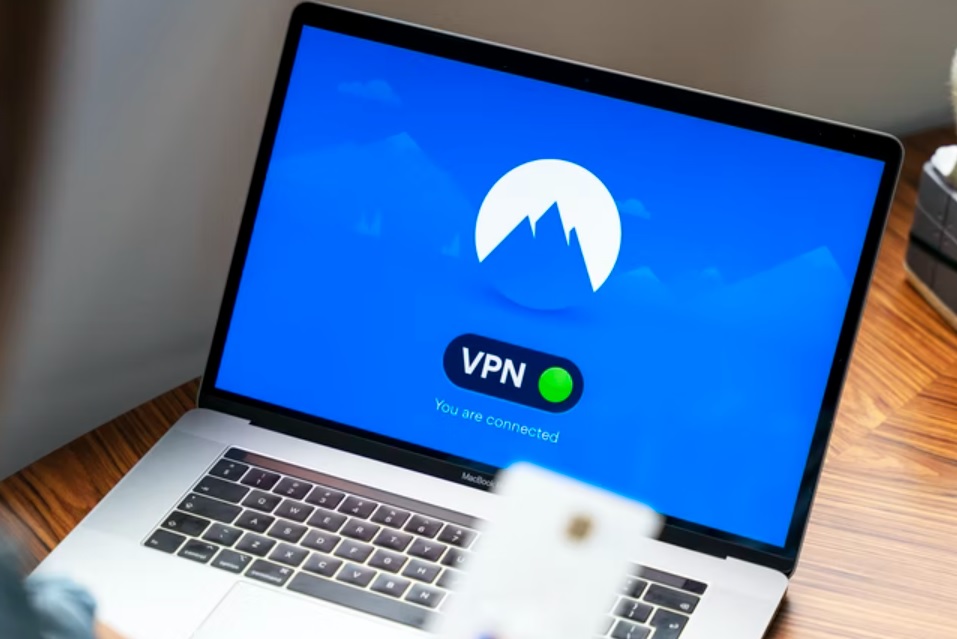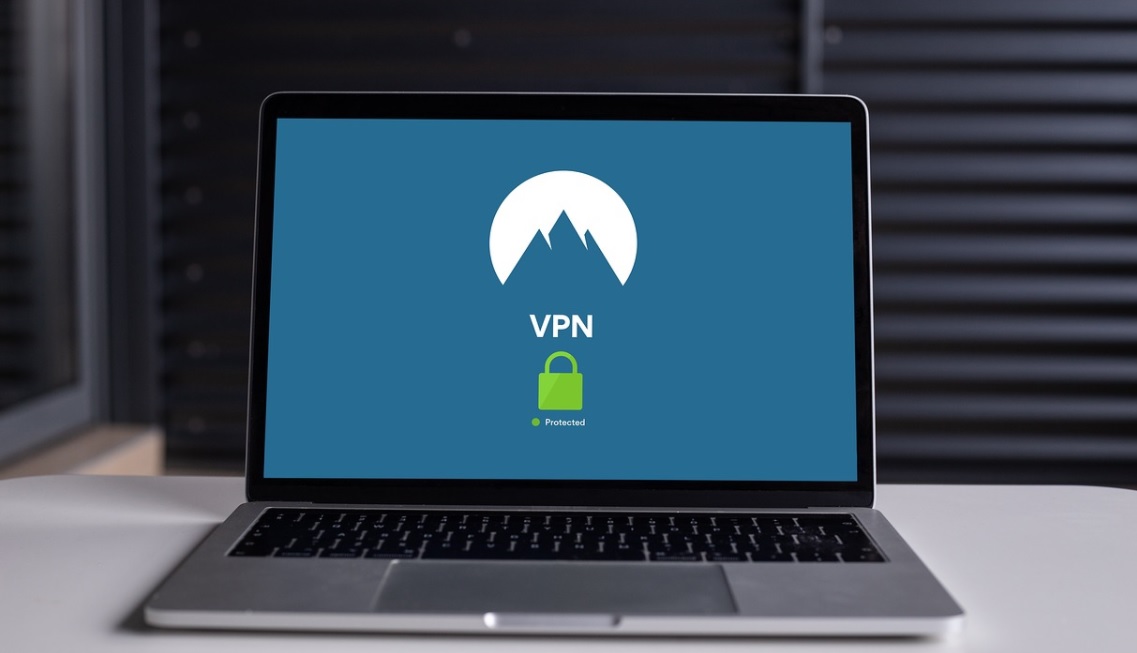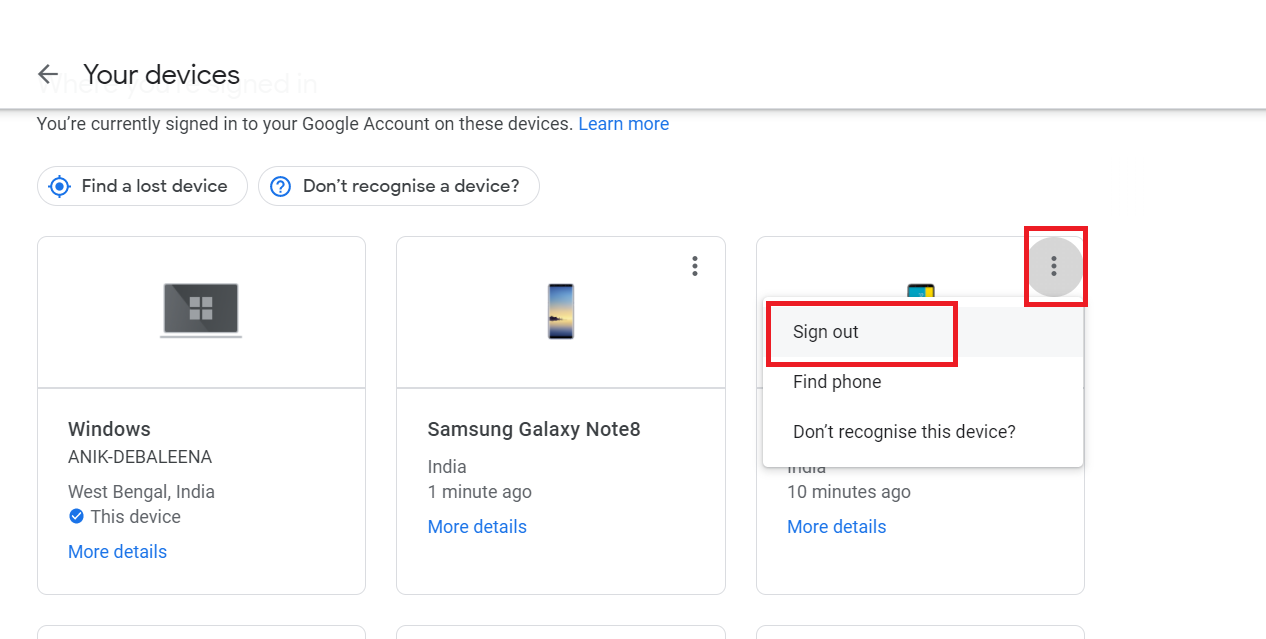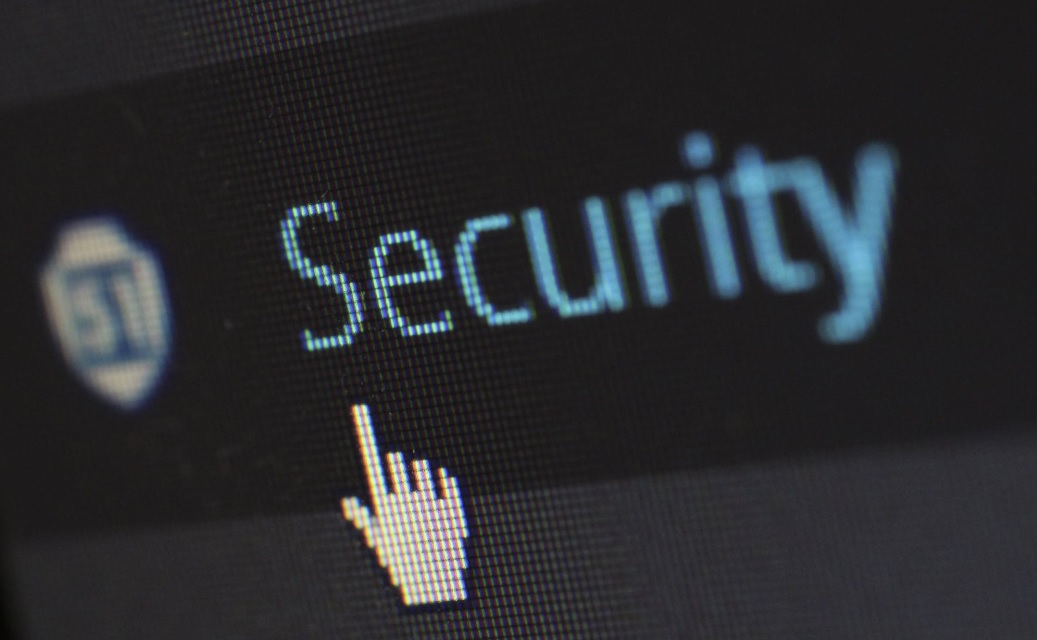We’ve all heard that data is the new fuel, and most marketing giants are doing their best to extract data from their users nowadays. However, one of the main concerns of users when it comes to data privacy is the fear that their VPN apps might be stealing their data.
There are hundreds of VPNs available nowadays, including both free and paid ones. One of the most essential things is that there is nothing free in this world and almost everything at a cost.
If you are using a free VPN, chances are you might be giving away your personal data to someone. But things get scarier when you’re using a paid VPN. Let’s take a better look at this situation and see the actual reality.

Can VPNs Really Steal Your Data?
The answer to this question is both yes and no. A VPN can steal your data, but it is not always the case. As with everything in life, you need to be careful and do your research before choosing a VPN provider.
There are many reliable VPNs out there that will not steal your data. However, there are also a few that might. The reason why some VPNs might steal your data is that they are not trustworthy. They might sell your data to other companies or use it for their own purposes.
Another thing to keep in mind is that a VPN can also leak your data. This means that your personal information might not be safe while you are using a VPN. However, most of the VPNs store logs of the user sessions for their own use only. This means that your data will stay protected and only be used for service improvement.
What Kind of Data Can a VPN Steal?
A VPN can steal any kind of data you are sending or receiving while using the VPN. This includes your passwords, login information, credit card numbers, and more.
However, mostly it extracts logs of the user and keeps a record of the user session. This is something more dangerous because your privacy is getting leaked.
What Can You Do to Protect Your Data?
There are a few things that you can do to protect your data while using a VPN.
- Always do your research before choosing a VPN provider. Make sure that the provider is trustworthy and has a good reputation.
- Use a VPN that does not leak your data. Make sure to test it before you start using it.
- Use strong passwords and change them often. This will help protect your login information.
- Install a good antivirus and malware protection program on your device. This will help protect your device from being hacked.
- Be careful about the websites that you visit while using a VPN. Some of these websites might be dangerous and could infect your device with malware.
- Use a different email address for your VPN account than the one you use for your other accounts. This will help protect your other accounts if the VPN account is hacked.
Bottom Line
A VPN can steal your data, but it is not always the case. Make sure to do your research before choosing a provider and to use a VPN that does not leak your data. Be careful about the websites you visit while using a VPN and install a good antivirus and malware protection program on your device.
Last but not least, always make sure you are using a trustworthy VPN service. Don’t trust free VPNs because most of them are loaded with trackers and other data-stealing mechanisms.
As mentioned earlier, even paid ones can steal your data, but most keep logs of user sessions to improve their service. So the best way is to do some research and make sure that the company is taking full responsibility for your privacy.








Leave a Reply